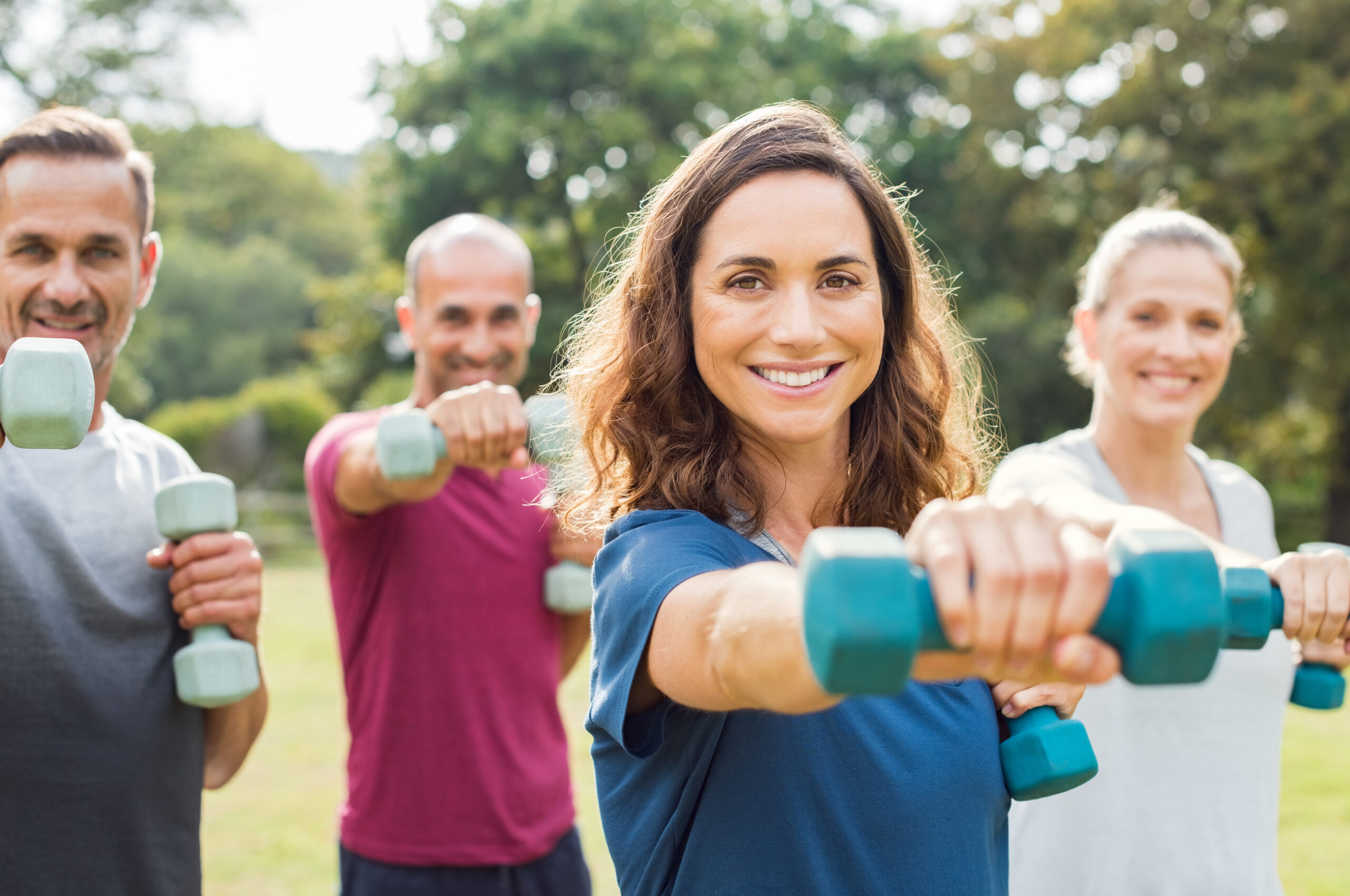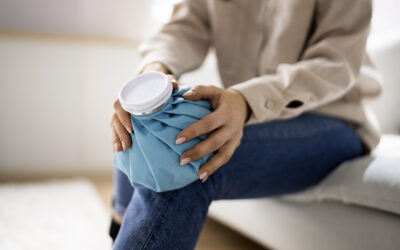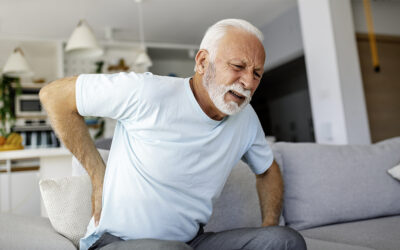With aging often comes worry about falls and the bone fractures they cause. Now, a panel of U.S. experts has new advice on what helps and what doesn’t when it comes to staying upright.
For starters, get off the sofa. And don’t rely on vitamin D to keep you from falling.
In a change from its 2012 recommendations, the U.S. Preventive Services Task Force (USPSTF) is recommending against vitamin D supplements for “community-dwelling” (those living at home) adults over 65 for preventing falls. A review of existing research showed insufficient evidence to recommend a supplement.
So what does help people prevent falls? Exercise, the task force said.
“The strongest evidence is for exercise. If you’re at risk of falling, you should think about exercise,” said the task force’s vice chair, Dr. Alex Krist, from Virginia Commonwealth University in Richmond. He added that about 20 percent of Americans over 65 have a fall each year.
The review and recommendations were published April 17 in the Journal of the American Medical Association.
An author of an editorial that accompanies the new recommendations agreed exercise can be beneficial.
“These recommendations are suggesting that we need to go beyond popping pills in order to have a major impact in preventing falls and fractures,” said Dr. JoAnn Manson, chief of preventive medicine at Brigham and Women’s Hospital in Boston.
“Regular exercise can reduce falls with injury and it can also reduce heart disease, stroke, type 2 diabetes, dementia and some forms of cancer,” Manson said.
“Physical activity is as close to a magic bullet as there is. And it doesn’t take that much — just 30 or 40 minutes three times a week can make a difference,” she added.
Both Krist and Manson advocated for a variety of exercises. They said for someone healthy enough, the general physical activity guidelines of 30 minutes of aerobic activity most days of the week, and strength training twice a week, are a good place to start.
But not everyone over 65 can achieve that goal. Krist said to start with your doctor to get a better idea of what exercise might be right for you. For some people, the supervision that comes with physical therapy is helpful. For others, a class such as tai chi might work best. And for others, more vigorous activity may be fine.
The USPSTF is a volunteer panel of national experts. They develop recommendations for disease and injury prevention after a rigorous review of scientific evidence.
The new recommendations suggest that doctors should selectively offer multifaceted interventions to seniors at a high risk of falling.
These might include: group or individual exercise, psychological therapy, nutrition therapy, education, medication management, urinary incontinence management, environmental modification, and physical or occupational therapy. Social services and referral to specialists such as an ophthalmologist, neurologist or cardiologist are other options.
Referrals can be important because some issues may be reversible. For example, sometimes addressing problems with vision can aid in fall prevention.
“Often, older individuals assume vision loss is inevitable and a normal part of the aging process. Very often, though, problems such as cataracts or glaucoma are treatable,” Manson said.
“Falling is a major concern for older adults, and some are afraid to go outdoors because they’re afraid of falling,” she said. That leads to a double whammy as they stay inside, their muscles may atrophy, they don’t get any sunlight and may develop a vitamin D deficiency, and they’re losing out on important social interactions, Manson explained.
“I recommend at least doing strength training inside the home, or getting a treadmill to use at home. Or find a friend or family member that can go out for a walk, or start a walking club in your neighborhood,” she suggested.
The task force also recommended against daily supplementation of 400 international units of vitamin D and 1,000 milligrams (mg) or less of calcium to prevent fractures in postmenopausal women living at home.
It wasn’t clear, however, if higher doses might provide a benefit, according to the new USPSTF recommendations. There also wasn’t enough evidence for the task force to determine whether vitamin D and calcium supplements could help men or premenopausal women avoid fractures.
More information
Learn more about preventing falls from the U.S. National Institute on Aging.
SOURCES: Alex Krist, M.D., M.P.H., U.S. Preventive Service Task Force vice chair, and professor, family medicine, Virginia Commonwealth University, Richmond; JoAnn Manson, M.D., Dr.P.H., professor, medicine, Harvard School of Medicine, and chief, preventive medicine, Brigham and Women’s Hospital, Boston; April 17, 2018, Journal of the American Medical Association



